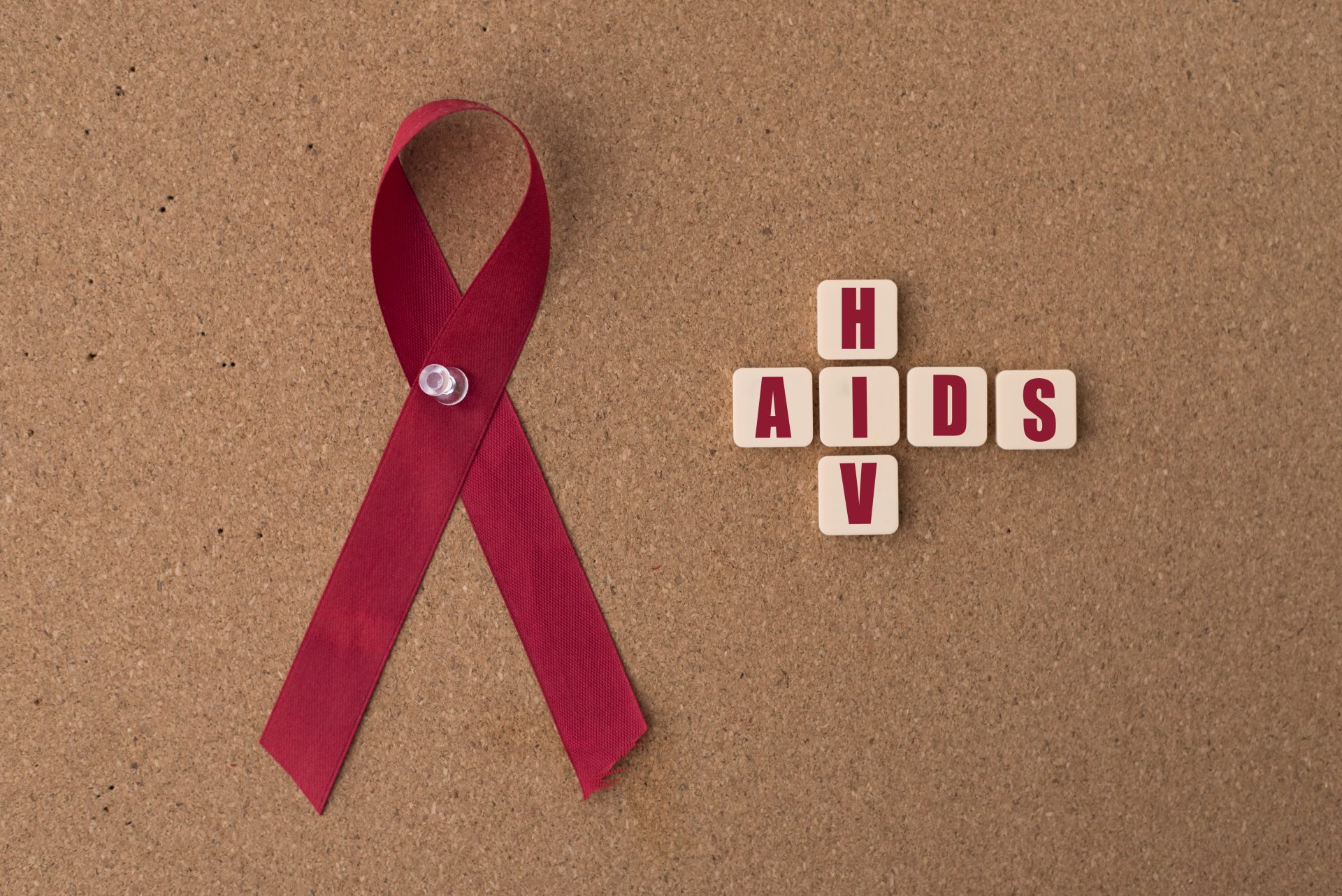
Could Funding Cuts REVERSE HIV Progress?
Recent proposals to cut Medicaid funding are raising alarms over the potential loss of access to critical HIV/AIDS medications and prevention services, including Pre-Exposure Prophylaxis (PrEP), threatening hard-won progress in combating the epidemic in vulnerable populations.
At a Glance
• Medicaid funds provide essential coverage for HIV/AIDS treatment and prevention.
• Proposed budget cuts could reduce access to lifesaving medications like PrEP.
• Experts warn cuts may lead to increased HIV transmission rates.
• Vulnerable and marginalized communities would be disproportionately affected.
• Public health advocates urge lawmakers to protect HIV-related funding.
Impact of Medicaid Cuts on HIV/AIDS Care
Medicaid is a primary source of health coverage for people living with HIV/AIDS and those at risk, including funding for antiretroviral therapy and PrEP—a preventive medication proven to reduce HIV infections significantly. According to USA Today, proposed Medicaid funding reductions risk curtailing access to these critical services, potentially worsening health outcomes and increasing HIV transmission.
Healthcare providers and advocates emphasize that cutting Medicaid funding would undermine decades of progress in ending the HIV epidemic, especially in underserved communities relying heavily on Medicaid-supported care.
Watch a report: Medicaid Cuts Threaten HIV/AIDS Prevention.
Disproportionate Effect on Vulnerable Populations
Funding rollbacks would disproportionately impact marginalized groups, including low-income individuals, people of color, and LGBTQ+ communities, who rely on Medicaid for HIV prevention and treatment programs. Reduced access to PrEP could lead to higher infection rates and put additional strain on public health systems.
Public health experts warn these cuts risk reversing hard-won gains in controlling HIV/AIDS, underscoring the need for sustained investment to protect vulnerable populations.
Calls for Protection of HIV Funding
Advocates are urging lawmakers to reconsider Medicaid cuts and ensure continued support for HIV/AIDS programs. They argue that preserving funding is crucial not only for individual health but also for achieving broader public health goals like reducing transmission rates and improving quality of life for people living with HIV.
The debate over Medicaid funding highlights the tension between budgetary pressures and public health priorities, emphasizing the need for careful policy decisions to safeguard vulnerable communities.